- Calculate your gain: Firstly, you need to work out your gain or loss by deducting the cost of the property (including any buying and selling expenses, such as estate agent fees and legal fees) from the sale price. The resulting amount is your gain or loss.
- Determine if you need to pay CGT: If you’re a UK resident and your gain exceeds the tax-free allowance for the current tax year, you will need to pay CGT. For the tax year 2022/23, the tax-free allowance is £12,300.
- Report your gain: If you do need to pay CGT, you must report your gain to HMRC using the Capital Gains Tax UK Property form. You can do this online. You will need to provide information about the property, such as the sale price and purchase price, as well as any allowable expenses.
- Pay your CGT: You must pay any CGT due within 30 days of completing the sale of your property. You can do this online.
- Keep records: It’s important to keep accurate records of all the costs associated with buying, selling, and improving the property, as well as any CGT payments made. This will help you calculate your gain accurately and make it easier to report to HMRC if required.
Principal Private Residence Relief (PPR)
You do not pay Capital Gains Tax when you sell (or ‘dispose of’) your home if all of the following apply:
- you have one home and you’ve lived in it as your main home for all the time you’ve owned it
- you have not let part of it out – this does not include having a lodger
- you have not used a part of your home exclusively for business purposes (using a room as a temporary or occasional office does not count as exclusive business use)
- the grounds, including all buildings, are less than 5,000 square metres (just over an acre) in total
- you did not buy it just to make a gain
- If all these apply you will automatically get a tax relief called Private Residence Relief and will have no tax to pay. If any of them apply, you may have some tax to pay.
Find out if you are eligible for the PPR
